Yates Account
Join now
Create a Yates account today!
Sign up to join the Yates Garden Club for monthly e-mails packed with seasonal inspiration, tips for success & exclusive promotions.
Plus if you’re a Garden Club member you can take part in the Yates Growing Community - a blog to share successes, get advice & win prizes in fun challenges along the way!

Forgot password
Enter the email address associated with your account, and we'll email you a new password.

Some soils are naturally better for growing plants than others. Soil forms over hundreds of thousands of years, as solid rock is gradually worn down by weather, so the character of your garden soil largely depends on local geology.
The texture of your garden soil might be sandy, or heavy clay, or anything in between. But there’s no need to settle for what’s already there; there’s huge potential to improve the fertility of any garden soil.
Here are 5 easy tips to make your garden soil better. Because when you nurture your soil, your garden rewards you.
The amount of digging you’ll need to do will vary, depending on how much prior love your garden has received. If you’re in a new build, chances are your soil will need remedial attention. But if your soil has a history of being cultivated, you’re in luck!
Spoil Your Soil
You wouldn't normally think of pony poo as something to pamper with, but aged animal manure, garden compost, green manure crops, leaf mould and spent mushroom compost are all exciting Birthday treats for your garden soil. All you need to do is dig them into the topsoil, for great results.
Aged animal manures are useful because they contain a high proportion of nitrogen, whereas compost is a more balanced source of plant nutrients. Composted ‘green waste’ is also readily available, or you can make the sustainable choice and start to make your own compost.
All organic materials will eventually decompose in soil, so they need to be renewed from time to time - especially in flower and vegetable beds that are regularly cultivated.

1. Use Organic Mulches.
Applying mulch over garden soil helps reduce moisture loss, protects soil (and plant roots) from abrupt temperature changes and reduces weed growth.
Organic mulches like pea straw, leaf litter and wood chips are old favourites; they also break down over time and add valuable organic matter to the soil.
2. Encourage Earthworms.
Earthworms help break down organic matter into nutrients and minerals that plants can use. The organic matter they recycle is a great natural source of food for your plants.
Earthworms also create tunnels as they move around, which aerates the soil. The enables better access to essential oxygen for plant roots, plus makes it easier for roots to access water and physically grow through soil.
3. Make Your Own Compost.
Compost is a fantastic soil improver, and it’s easy to make your own. By layering different organic materials like a lasagne and then letting it 'bake', you’ll be literally turning annoying waste into rich food for your garden. Grab some tips from our How to make compost guide.

4. Use Soil Improvers and Organic Fertilisers.
When used regularly, organic fertilisers like Yates Dynamic Lifter Organic Plant Food will improve soil health by encouraging beneficial microorganisms; this really brings your soil to life. They also increase the organic matter content in soil, which eases the movement of water, oxygen and nutrients through soil, but also assists with retaining moisture and nutrients.
Soil improvers like Yates Gypsum Clay Breaker Soil Improver Granules are a time-honoured method to improve the drainage of heavy clay soil. As an added bonus, Yates Gypsum Clay Breaker is much less messy to work with than traditional powdered gypsum.
5. Give Potting Mix More Thought.
A good rule of thumb when it comes to potting mix is: don't go for the cheapest bag.
If you consider that potting mix fills the role of soil for many plants, it makes sense to apply the same principles to it, as with improving soil. Potting mix is more important to plant health than many gardeners realise. If you've spent good money on a plant, it's worth investing a little extra to make sure the potting mix delivers a healthy, fertile growing environment. It does make a difference!



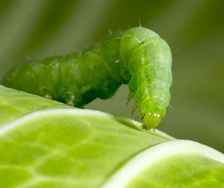
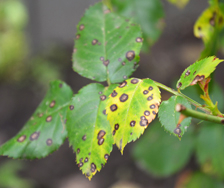
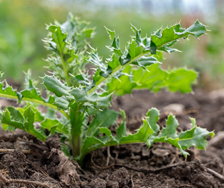
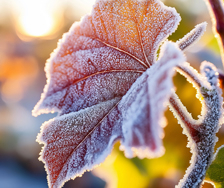
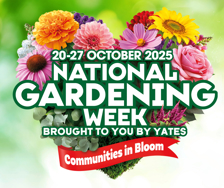









Share
Share this article on social media